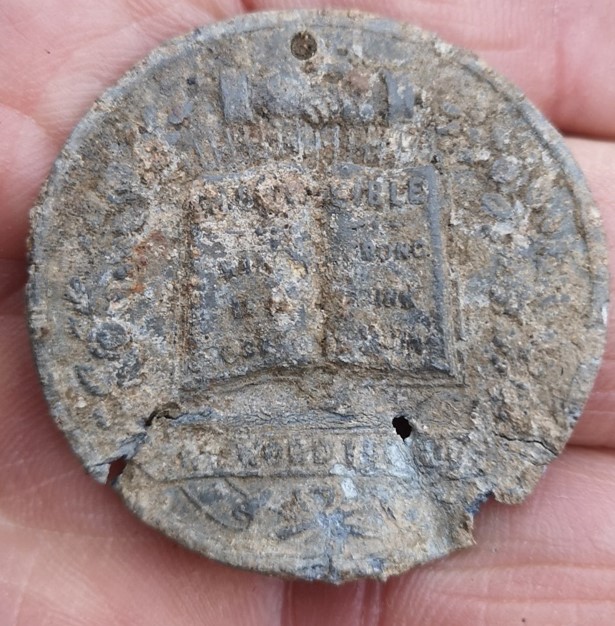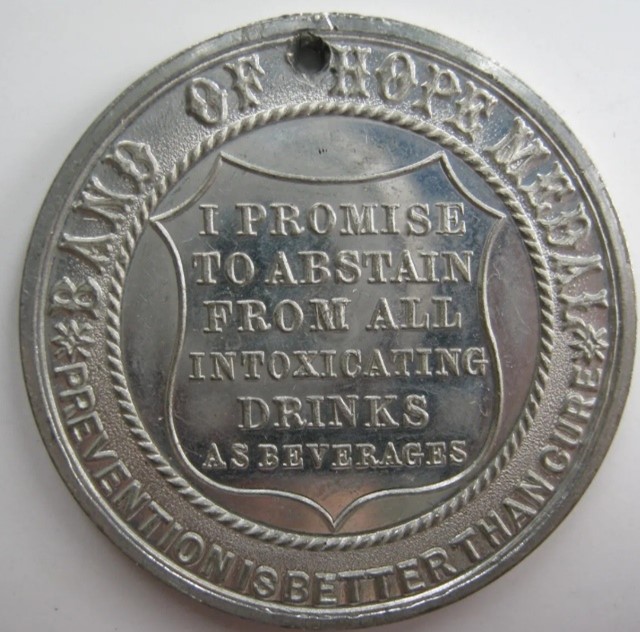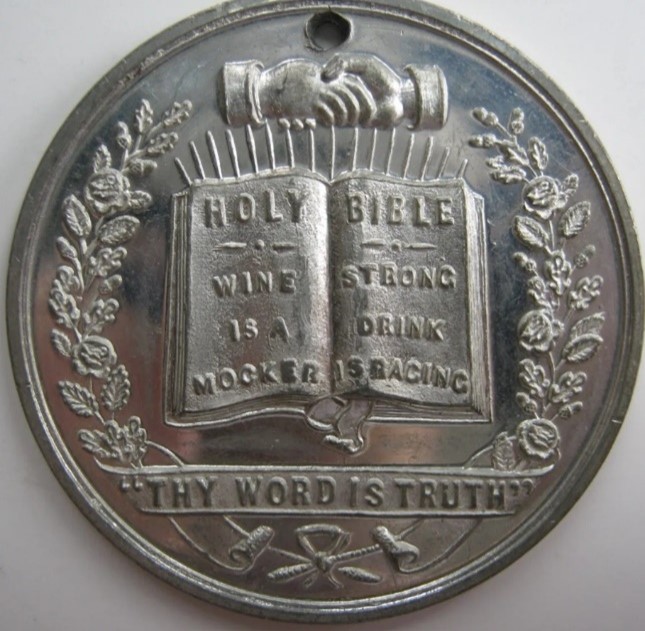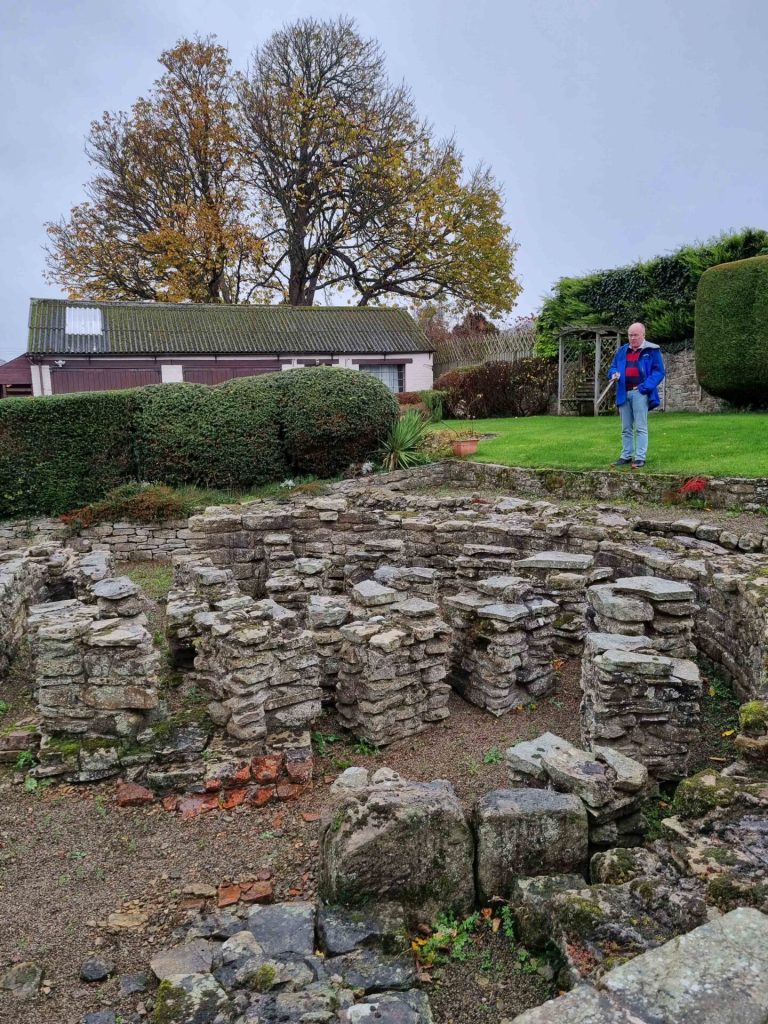
We have an unusual find from a site in East London – the severed head of a monkey from a mid-19th-century context.
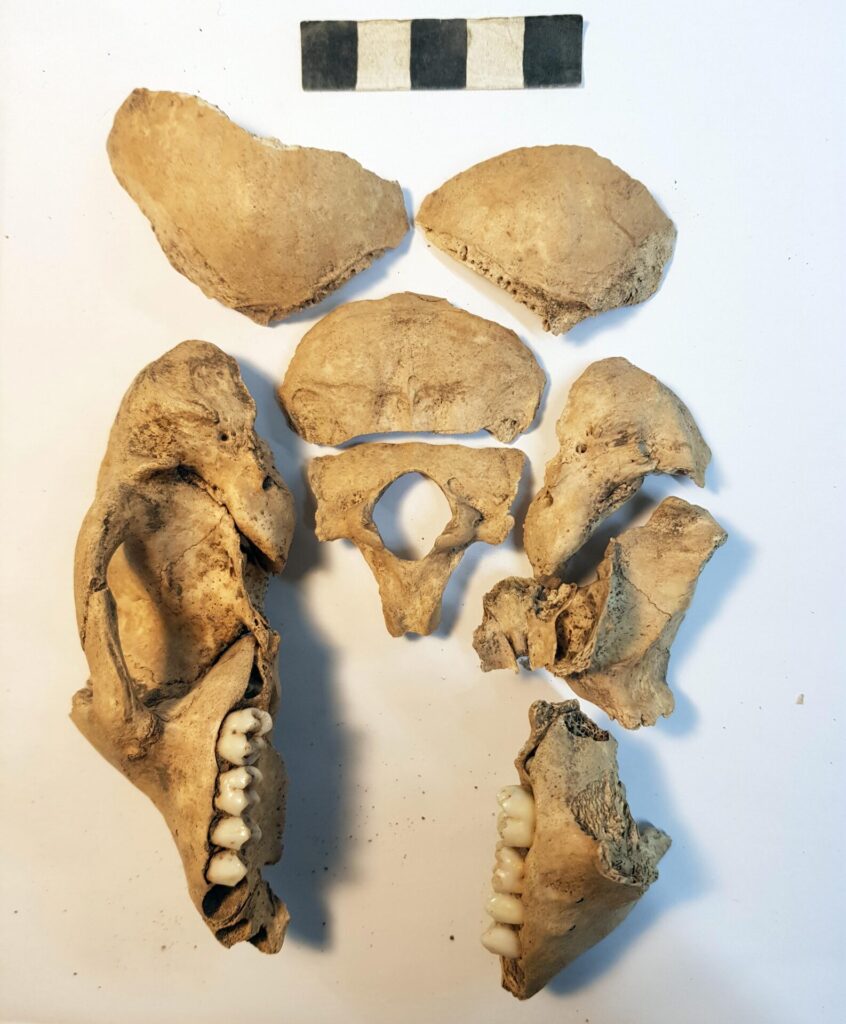


Our animal bone specialist Kevin says “Its wisdom teeth haven’t erupted so it is probably less than 6 years of age but definitely more than 2 years. I think it is likely to be a macaque type, the most famous of which is the variety living on Gibraltar, which is also known as the Barbary Ape. The same type also lives in North-West Africa especially in the Atlas mountains, where no doubt the Gibraltar monkeys originate.”
Kevin adds “It’s too large to be an organ-grinder’s monkey, these were small capuchin monkeys. It may have been a sailor’s pet which suffered the ignominy of being stuffed, hence the discovery of just the head (the taxidermist would just keep the head, feet and tail parts of the skeleton).”
Monkeys were highly desirable pets in the 18th and 19th centuries, to the extent that a popular book called Notes on Pet Monkeys and How to Manage Them was published in 1888.

“The menagerie and the zoological collection are incomplete without a certain complement of monkeys; and whatever else may awe, and frighten, and command the admiration of the gaping crowd, it is this department that awakens the broad grin and the hearty laugh.”
Arthur Henry Patterson
.
Alongside tips on the care and management of monkeys, the book is full of “amusing stories” of owners who’d acquired them with the expectation that they’d behave like mischievous children only to find them destructive and wild. Patterson suggests to be “Bully, Peggy, Mike, Peter, Jacko, Jimmy, Demon, Barney, Tommy, Dulcimer, Uncle or Knips” as suitable names for monkeys but adds that “Pets are liable to fall ill, so there is a chapter on ‘Monkey Ailments and How to Cure them.’ If they can’t be cured and die, Mr. Patterson gives us instructions how to stuff them!



